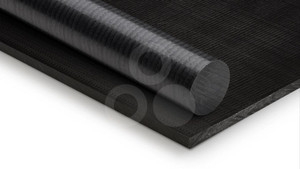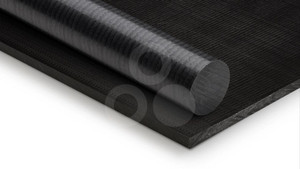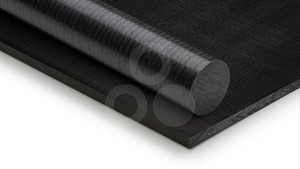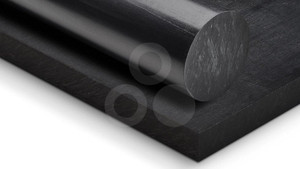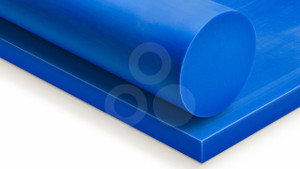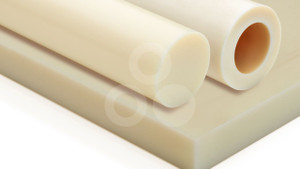Valves
Advanced Plastic Valves for Industrial Applications
A valve is a device used to regulate the flow of oil and gas. Opening or closing an aperture controls the amount of liquids and gases allowed through pipes. The valve controls the flow of fluids by stopping and starting, adjusting the amounts, controlling the direction, regulating pressure, or relieving pressure. Valves are a vital part of any piping system which means that they play a key role in the oil and gas industry. Valves can be used to control flow rates, isolate, protect equipment, and operate in the refining process of Oil, Gas, Hydrogen and other such media. A new group of high grade polyamides, fluoropolymers and polyaryletherketones offering diverse solutions for an industry traditionally devoted to metal parts.
The advantages & disadvantages of metals such as steel are well documented as are their drawbacks. Susceptibility to corrosion in the harsh operating and environmental conditions found in pipelines and on-shore and off-shore petrochemicals localities is a key concern.
Valve Component Applications
Valve applications are used in both critical and non-critical applications, manufactured and designed with tight tolerance machined components. These polymer components are developed and tested to reduce MTBF while extending the service life. The moving parts of a valve and their actuators are prime opportunities to improve performance through the use of advanced engineered thermoplastics. The polymer materials used in the valves are based on the following conditions:
Material Requierments for valves:
- Corrosive resistance
- Regulatory compliance
- Dimensional stability
- Low wear
- Low temperature to Cryogenic
- High Temperature
- High Pressure
Common Materials used in Valves:
- Peek
- Carbon & Glass Filled Peek
- UHMW
- PPS
- PCTFE
- PTFE & Engineered Grades of PTFE
- PAI
Typical Applications:
- Seals
- Valve Seats
- Stems Seals
- Ball Seats
- Backup Rings
- Valve body


